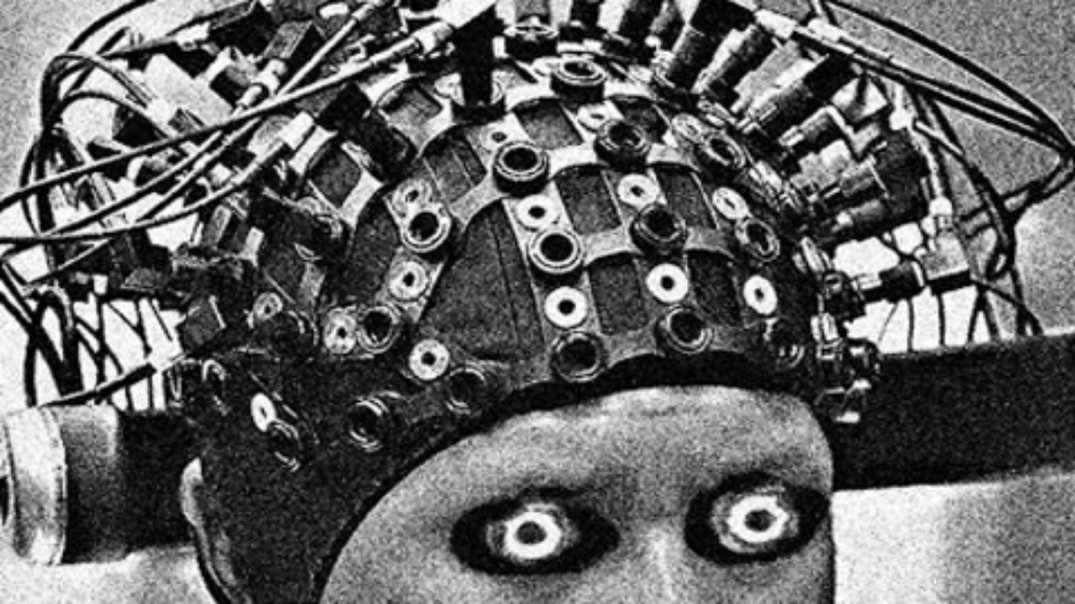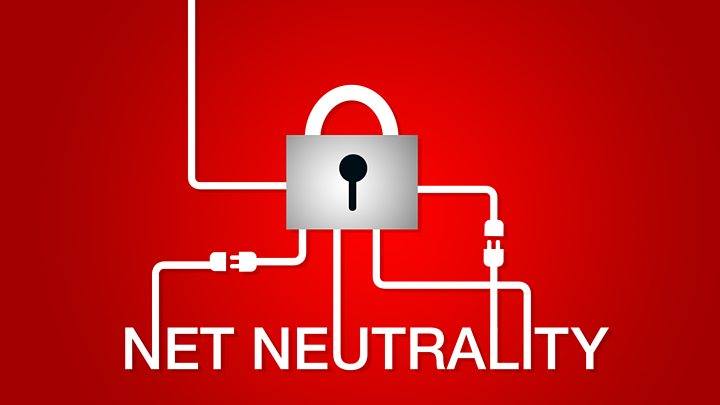JACK DANIELS CWALINA
June 16, 2005 – March 19, 2020
I’ve long said that the cruelest joke life plays on you is that everything you need to know at age 18 you don’t learn until you’re 40.
The second cruelest joke is that dogs only get to live a fraction of your life.
That day when you decide to get a dog you unknowingly accept that this day comes. You don’t think about it on that day. You don’t see it coming on that day. On that day you only see a wagging tail and hopeful eyes pleading with you to take them home. This day comes, though. This cold, overcast, drizzly day inevitably comes.
Jack’s body had been breaking down for some time. Three years ago our veterinarian told us he had congestive heart failure and gave Jack, at best, a year to live. Well, he certainly beat that back. Soon, however, more things started to go. He developed cataracts a couple years ago and they’d grown so that he couldn’t se very far in front of himself. His hearing deteriorated over the past several months finally leaving him to look around the room to figure out from which direction the sound of someone’s voice was coming.
All of that lead to this day. But between that day and this day are thousands of others which make you wish this day would never come.
Some dogs are made to protect. Some are made to hunt. Some are meant to be the court jester, providing a family with entertainment, laughs, and unconditional love. That was Jack’s role and he fulfilled that role like a beast.
In his younger years he was fascinated by running water. From wherever he was in the house, he would come running and whining at the sound of someone turning on the water for a shower. he burst through the bathroom door, put his front paws on the edge of the tub, and watch the water as it flowed from the faucet. If you were foolish or thoughtless enough to have closed the door before turning on the water, Jack would let out desperate barks until you opened the door to let him see the magic of flowing water.
Jack’s chief skill was jumping. Guests were always amazed to see how high and often he could repeatedly jump. It was especially funny to watch from across a table as you would see his head appear then disappear above the edge of the table.
He also loved going for a ride in my car, standing as tall as could to put his nose out the open window. Before we had curbside recycling, I had to take our recyclables to the township garage. I’m pretty sure Jack knew when it was Saturday morning because you could see it in his eyes, feel it in his excitement and anticipation, and hear it in his yearning whine. He knew Saturday morning meant a trip to the recycling center.
What he loved best in his younger years was chasing deer out of our yard. Jack was never happier than when took on beasts thirty times his size. It was fun and fascinating to watch from the time he sprinted across the deck with anticipation, often not being able to stop in time and sliding off onto the first step to his manly bark as he ran right at the deer who almost immediately turned and sprinted from our yard. Pride may goeth before destruction but Jack paid that proverb no heed as he id a victory lap around the yard in celebration of scattering the invaders.
Even though Jack was packin’ just 7.5 pounds and was a fraction of the size of most every dog he ever encountered, he had no fear. In his head, he was labrador or a doberman. He fearlessly stood up to any dog that crossed his path. If any dog had a Napolean complex, it was Jack. He even scared away a black bear cub with a single bark.
When we built and moved into our home in Beech Mountain Lakes, which is a development carved out of a wooded area, Jack was no doubt the happiest dog on the planet. He loved to spend his time in the backyard — the land of a thousand scents — and explore. He loved the wildlife. He loved the trees. One autumn afternoon — it may have been the first autumn in our new home — Jack spent nearly an hour just watching and barking at the falling leaves.
Early this week, Jack’s breathing had become labored. My wife, a nurse of 30+ years, knew something serious was wrong. She took Jack to our vet who gave us the devastating diagnosis — end stage heart failure. The prognosis was worse — she said it could be a day or it could be a month. All I heard was ‘month.’ Maybe it was all I wanted to hear.
I wanted to be with him when he was breathing his last breaths. I wanted to hold him, gently scratch his chest, and tell him he was the best dog anyone could ever hope to have. I wanted to tell him I did my best to give him a good life.
It was not to be, though. The message came from my stepdaughter that Jack’s breathing was becoming harder for him and on him. My wife knew it was coming and left work early and suggested I get home, as well. But I couldn’t. I was in the middle of another hard day of desperately trying to get product onto shelves at yet another market in the middle of a world gone mad with hoarding and panic. The word came from my son at 2:15 that he was gone. All I could do was leave shoppers who passed me by wondering why a 56 year-old man had tears in his eyes in the middle of a store.
Perhaps the best quote about dogs comes from John Grogan, author of Marly & Me:
“A dog has no use for fancy cars, big homes, or designer clothes. A water logged stick will do just fine. A dog doesn’t care if you’re rich or poor, clever or dull, smart or dumb. Give him your heart and he’ll give you his.”
This was true of Jack. He just wanted to love and be loved.




















